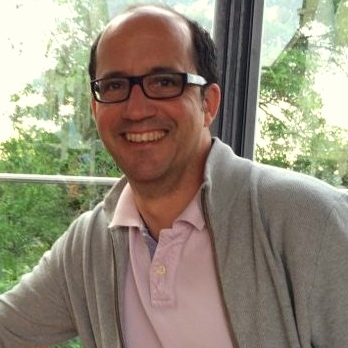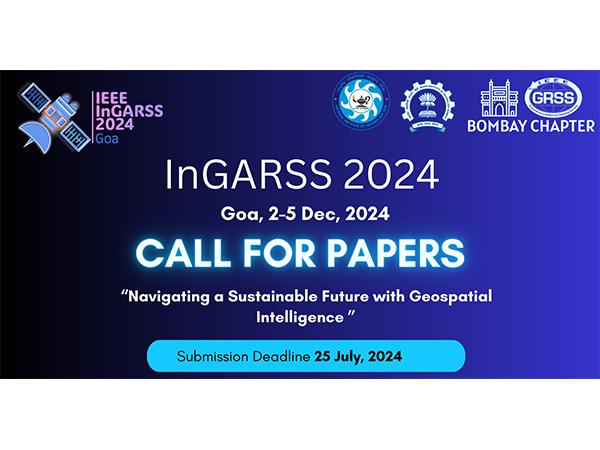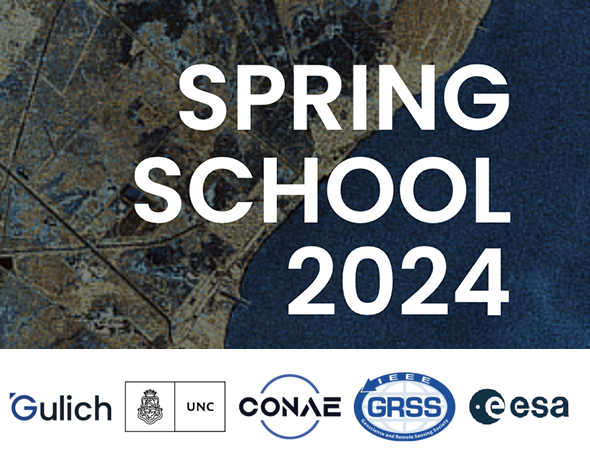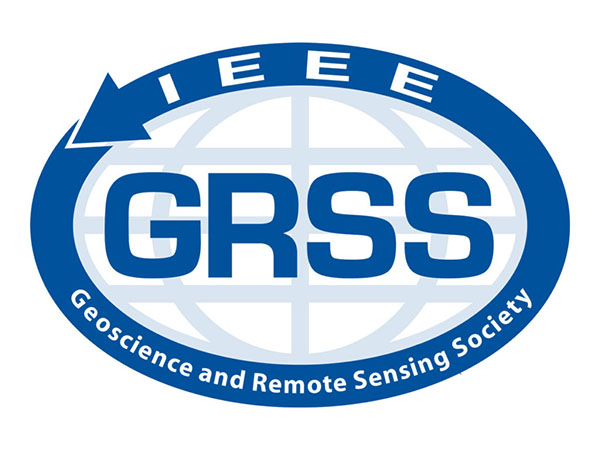Friday, October 19, 2018
1:00 PM GMT/UTC
9:00 AM US Eastern Time
Speaker: Marwan Younis, Researcher with the Microwaves and Radar Institute of the German Aerospace Center (DLR), Oberpfaffenhofen, Germany.
Sponsored by GRSS
 Want to learn more about Synthetic Aperture Radar?
Want to learn more about Synthetic Aperture Radar?
This lecture is the first module of the course “Synthethic Aperture Radar Remote Sensing – Instrument Design, Operation Techniques and Processing” designed by the “Instrumentation and Future Technologies” (IFT) Technical Committee (TC) of GRSS to foster the understanding of the steps up to the final SAR product, and to convey the knowledge required to actually design a SAR system.
“Principles of Synthetic Aperture Radar” will address the following topics: Functionality of a radar, the resolution of radar, the principle of a synthetic aperture, what does a radar measure, data acquisition, principles of range and azimuth compression, and image distortions (foreshortening, layover, etc.).
SPEAKER’S BIO:
Marwan Younis (S’1995, M’2005, SM’2008) received his B.Sc in electrical engineering from the University of Baghdad, Iraq in 1992 and the Dipl.-Ing. (M.Sc.) and Dr.-Ing. (Ph.D.) degree in electrical engineering from the Universität Karlsruhe (TH), Germany, in 1997 and 2004, respectively.
From 1998 to 2004, he was a research scientist with the Institut für Höchstfrequenztechnik und Elektronik, Universität Karlsruhe (TH). Since 2005 he has been with the Microwaves and Radar Institute of the German Aerospace Center (DLR), Oberpfaffenhofen, Germany. He is the author and co-author of about 150 conference papers, over 30 reviewed publications, and 3 patents. His research fields include synthetic aperture radar (SAR) systems and techniques, MIMO SAR, digital beamforming, SAR performance, calibration, and antennas. In 1996 he was an intern at the Jet Propulsion Laboratory (JPL) and in 2013 he spent a three month research sabbatical at JPL.
Dr. Younis is an active member of the IEEE. He co-chairs the Instrumentation and Future Technologies GRSS Technical Committee. He is associate editor for the IEEE geoscience and remote sensing letter and reviewer of IEEE publications. He is a lecturer with the Karlsruhe Instutute of Technology (KIT) and the Carl-Cranz-Gesellschaft both in Germany. He received the Hermann-Billing award for his Ph.D. thesis in 2005.



























